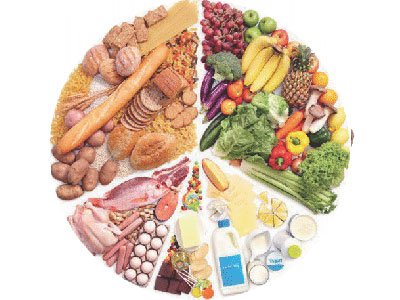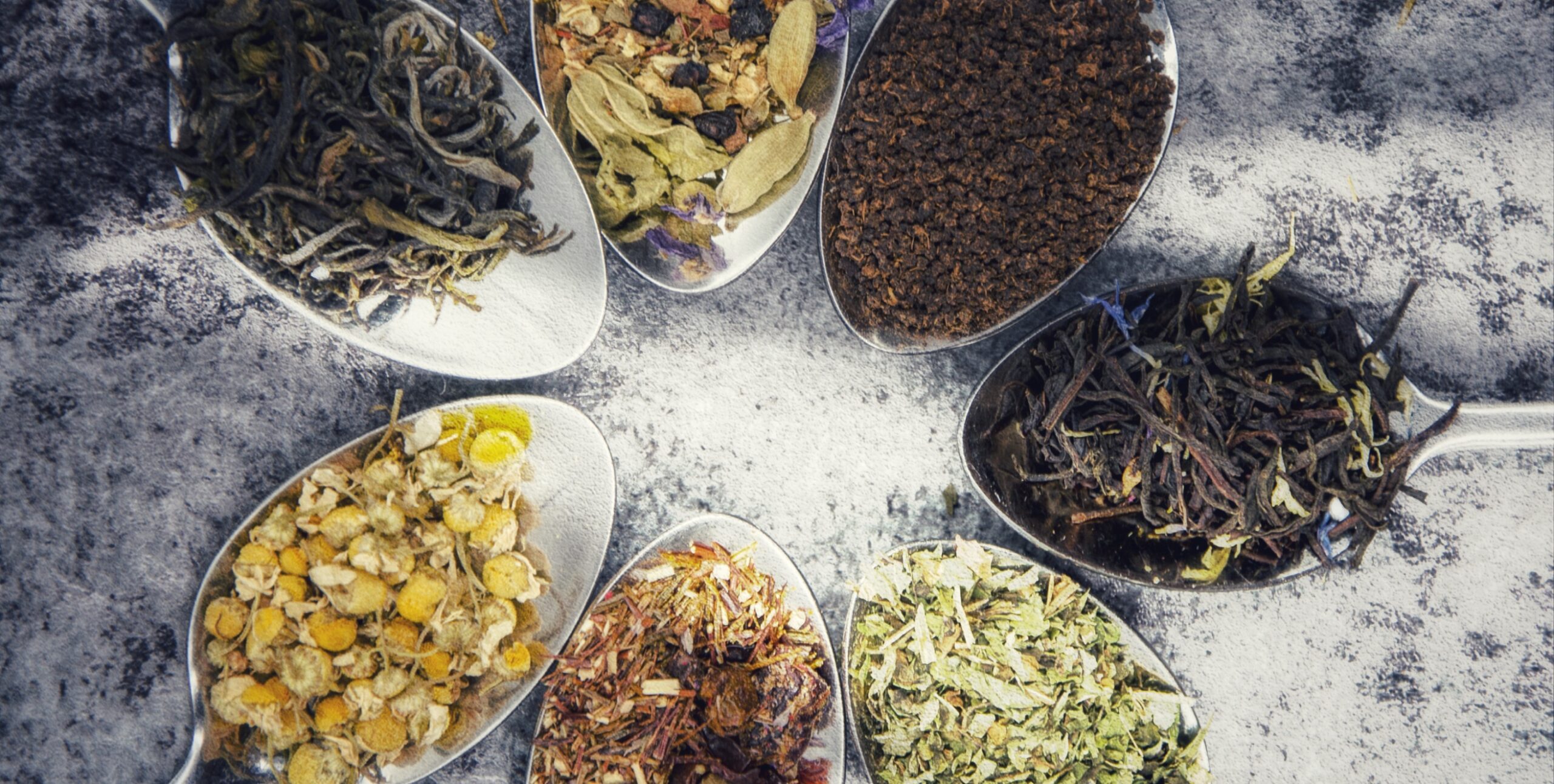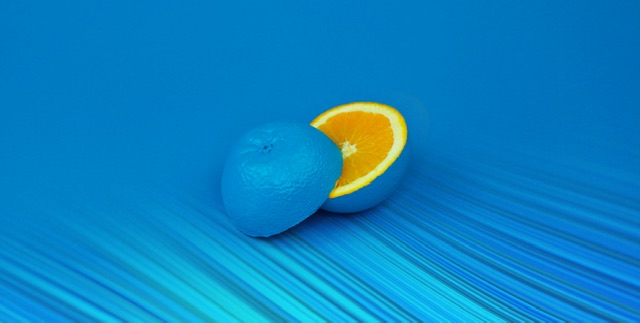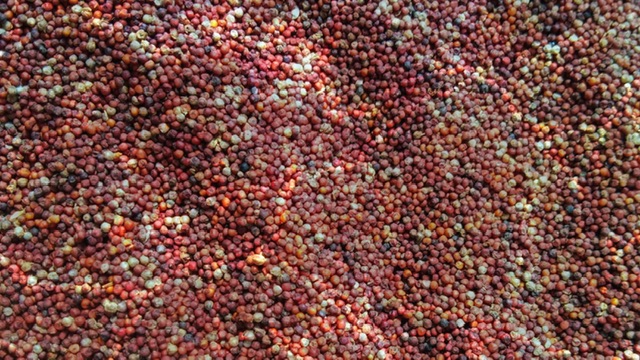In the last issue we discussed in detail, vata, one of the three factors that maintains balance in the body. In this article we will discuss pitta, the factor responsible for digestion or metabolism (primarily) in the body. Pitta, also can be translated as heat or fire in the present context. Pitta is said to cause 40 kinds of diseases in the body, but many more when it combines with the other two doshas. By nature, pitta is sharp; the imbalances caused by pitta are, therefore, sharp and intense in nature.
Foods that are pungent, hot, sour, and saline in nature aggravate pitta and foods which are astringent in nature alleviate pitta. Pitta primarily aids sight, digestion, appetite, thirst and proper metabolism, maintaining radiance and unctuousness in the body. The natural actions of pitta moving from one part of the body to the other are, burning sensation, heat, suppuration, perspiration, sloughing, itching, discharge, redness and exhibition of its inherent smell, colour and taste. These are the actions that help a competent physician to diagnose the paittika type of diseases.
Pitta is the main factor responsible for transformation of food into tissue elements in the body. The other factors are vata, moisture, unctuousness (in the food), the time of digestion, and proper administration of food. Vata transports the food to the place where pitta resides, the moisture loosens and unctuousness softens the food particles, time brings about maturity of the process of digestion which is carried out by the fire of digestion called pachak pitta or pachakagni. Food, after digestion, is divided into two parts called the Prasad bhag (containing the nutrients) which is absorbed by the body, and mala bhag, which is thrown out.
Among seasons it is summer, and in a day, it is the afternoon, that is dominated by pitta. Therefore it is advisable to sleep in the day time in summer, as kapha dosha increases in the body when one sleeps, preventing aggravation of pitta in the summer.
A person of pitta prakriti should avoid hot, spicy food and resort to diets which are cool, sweet and less spicy in nature. Excessive intake of tea, coffee, and hot drinks are also to be avoided. As the digestive fire is very strong in person with pitta prakriti, light meals at small intervals are beneficial.
ARE YOU A PITTA?
A person of pitta prakriti generally,
- Is sharp-minded, active, short-tempered and quarrelsome
- Sweats more and greys prematurely
- Has a radiant complexion
- Has a strong power of digestion and proper metabolism, therefore a good appetite
- Is seen to be fond of sweets, cold foods and cold things
- Dreams of fire or light and more of red colours
ASK THE VAID
Arti Gaur will unravel the world of Ayurveda for you and will address all your queries related to health, beauty and well-being.
- Could you suggest an easy, homemade remedy for cold?
- To reduce kapha due to cold, add ½ tsp of sendha salt in hot mustard oil and massage the chest with it.
- My mother slipped on the stairs. Though the x-rays do not show any major injury, she complains of pain in her knees. Is there a substitute for pain killers?
- Yes, use a roti cooked only on one side. On the uncooked side put mustard oil, a pinch of turmeric powder, urad dal paste and some jaggery. Then tie it on the affected area daily.
- I have been detected with asthma but I don’t want to use a nebuliser. Please suggest a natural remedy.
- Take some dry dhatura leaves and roll them in the shape of a cigarette and smoke it. Its inhalation will help control your asthma.





